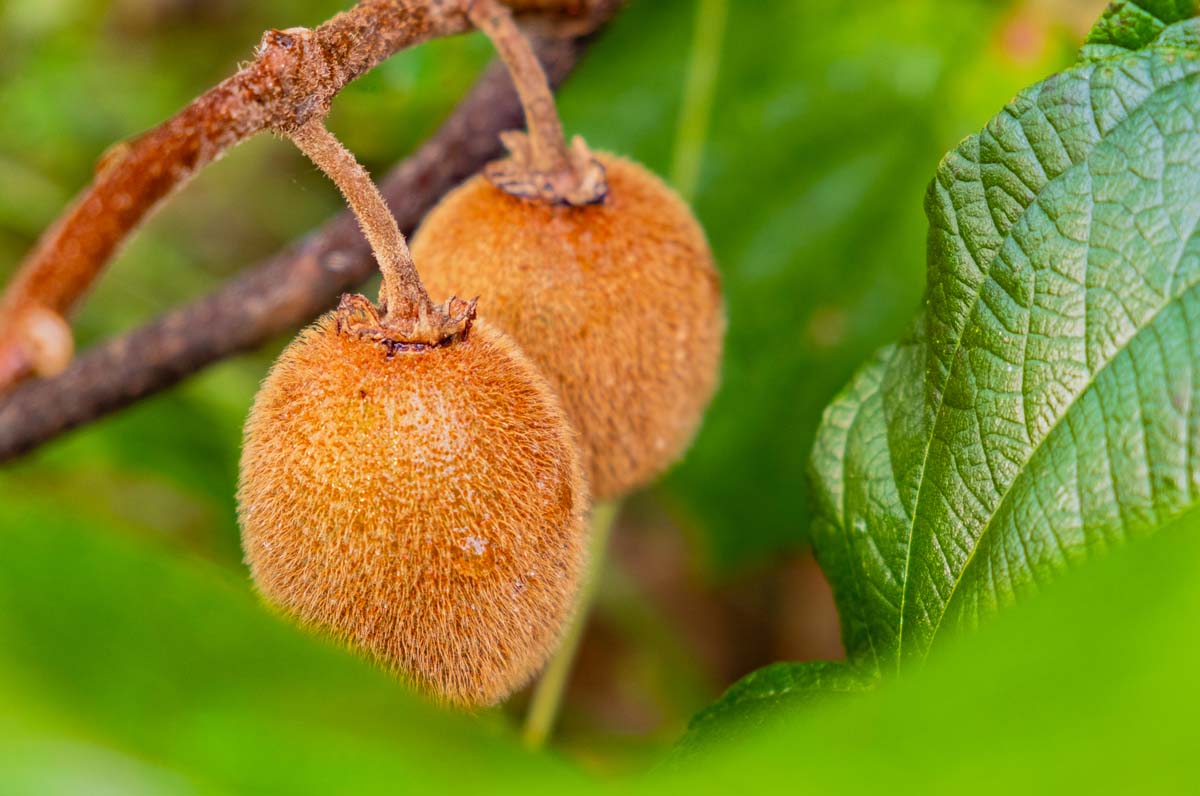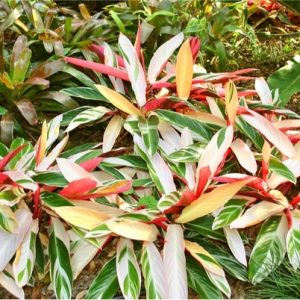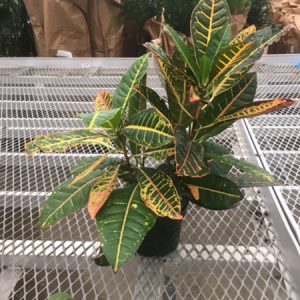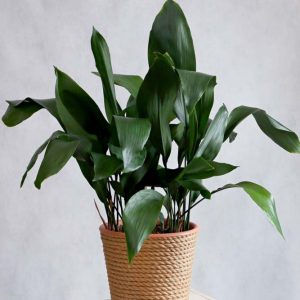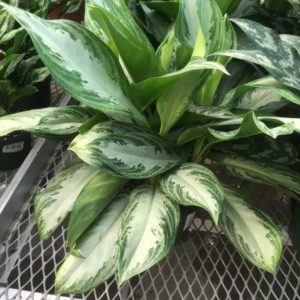Description
Actinidia
There are about 40 species of deciduous woody tangled, twinning climbers in this genus. They have simple alternating leaves both the branches and leaves often have bristly hairs. Native to light forest areas in East Asia. Valued for their white, green, or reddish-petaled flowers occasional scented are produce singly or chains in summer. Male and female plants are needed to bear the edible oval fruit, ripening in autumn but some cultivars have been made that are self-fertile,
Indoors grow in soil based potting mix in full light, during the growing season water freely with balance liquid fertilizer monthly. Just keep moist in winter and prune in late winter.
If grown outdoors plant in fertile well drained soil with shelter from strong winds in full sun to maximize fruiting. Prune in late winter.
Prone to a wide variety of fungal diseases.
Actinidia deliciosa – Actinidia chinensis – Chinese Gooseberry – Kiwi Fruit – This native to China is a deciduous vine with astonishing vigor and speed of growth reaching 30’ feet tall. Canes can thicken to the size of a thumb in one season and can snap weak trellises. The mid green heart shape 8” long leaves are clothed in fine red-brown bristles as well as the stems. In late spring, early summer conspicuous clusters of two or three 1½” broad white flowers are born. Followed by fruits in late summer or autumn vary in size and shape. They require lots of water and fertilizer rich with nitrogen in summer. They will only tolerant moderate frost and should be prune when the stems are bear, back to a main/single branch. Female plants produce egg shape to oblong bristly skinned greenish brown 3” long fruit. Several female cultivars include A.d.’Blake which is fertile, A.d.’Bruno’, A.d.’Hayward’, and A.d. Saanichton’. Male cultivars A.d. ‘Matua’ and A.d. ‘Tomuri’.
Zones 7-9

